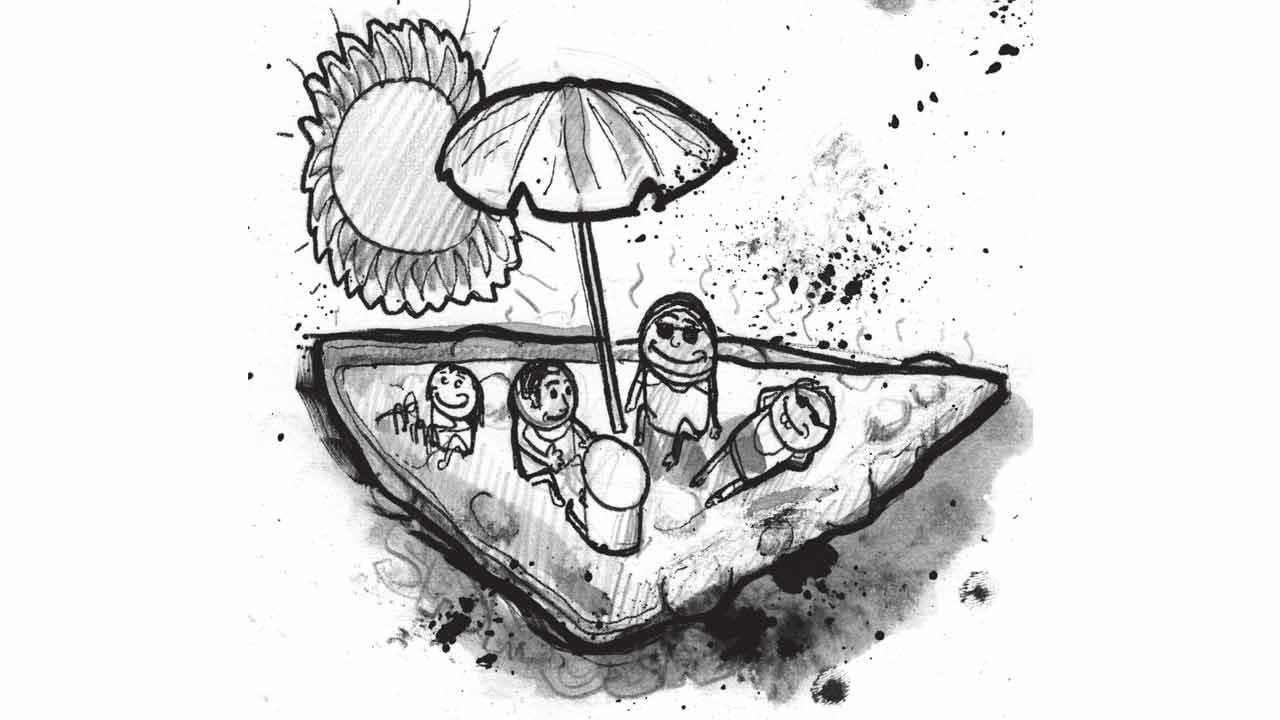This is one of several interviews from the SBS special feature 'Faces of the Rohingya'. Watch Dateline's investigation 'Myanmar's Killing Fields' at the end of the article.
Setara Begum is in the kitchen, making samosas, her blue apron protecting a sparkly silver jumper. She is 39-years-old and she has been married to Kabir, who owns the café, since 1994.
Their marriage was arranged by their parents in Myanmar.
.

Their youngest daughter - the one who was born in Australia - hasn’t yet started school, but their eldest two children are already married with three kids of their own.
Setara works looking after the family and she never has time to relax - she laughs at the thought of relaxation, when I ask. But she does like going to Chelsea beach on Port Phillip Bay with a picnic because the kids enjoy running on the sand.
She helps Kabir at Rohingya Bazaar when she can.
“I feel happy about the café,” she says. “Not only about the business, but also because the community has a place to share.”
Setara’s mother and sisters are still in Myanmar, and her other sisters are in Bangladesh - she speaks with them as often as the patchy phone network will allow.
“They are still scared,” she says, “scared of burning houses, scared for their lives.”
They are not alone in their fear. A UN report about the violence in 2017 stated that “the widespread threat and use of sexual violence was integral” to the military’s strategy. “Violence was visited upon women, including pregnant women, who are seen as custodians and propagators of ethnic identity.”
READ MORE: Faces of the Rohingya
When she was growing up in Rakhine State, Setara didn’t get to go to school, but now she goes to English classes once or twice a week. Rohingya are stateless - in 1982 the Myanmar government passed a law to deny them citizenship.
Without those papers, they have no rights to education or health services, and they’re not free to travel outside their villages.
Recently, Setara’s young sons told her they want to be doctors, engineers and teachers.
“The environment is not like that in Myanmar. You don’t have a chance to dream like that,” she says.
Watch Dateline's 'Myanmar's Killing Fields' below.

